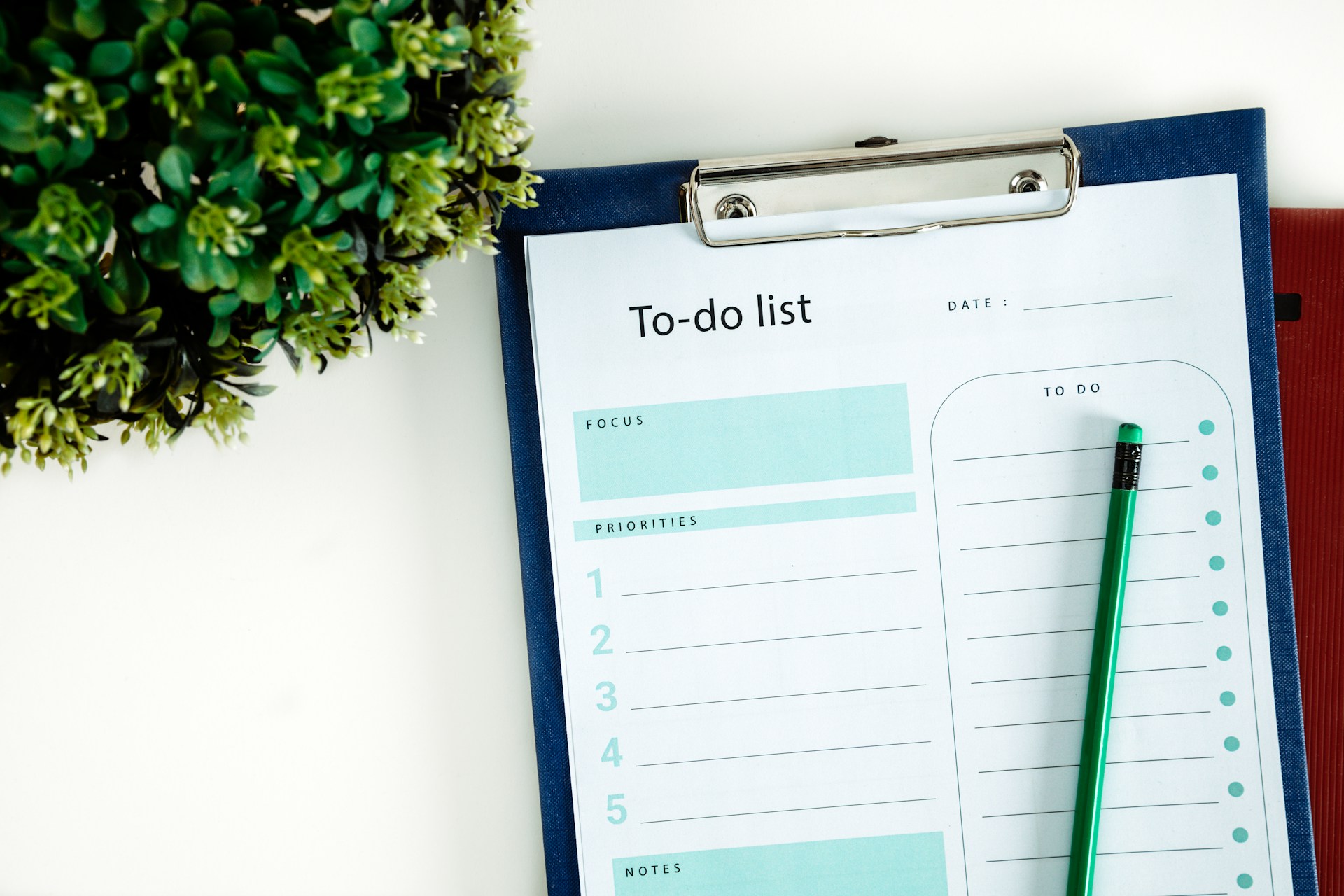Most people do not understand the difference between hunger and appetite, but learning how to identify when you are actually hungry can make it easier to avoid overeating and have more control in managing your health and weight.
Dr. Batash at Batash Endoscopic Weight Loss Center is an expert in obesity management and has been helping people lose weight and improve their health for over 30 years. He and his team of professionals offer individuals safe and effective solutions to help them lose weight without surgery.
Today we are going to talk about hunger vs. appetite, how to recognize when you are truly hungry, and how to curb your appetite naturally, which will make it easier for you to reach and maintain a healthy weight.
{{cta_button}}
What Is the Difference Between Hunger and Appetite?
The difference between hunger and appetite may be a bit confusing and can feel the same to your body, but they are actually very different. Actual hunger is a physical sign that your stomach is empty or that your blood sugar is dropping and that your body truly needs food to continue to function properly. You may feel your stomach growling, have a hollow or empty feeling, or even start to feel lightheaded or suddenly fatigued.
Your appetite is closely tied to your senses, your emotions, and your environment and revolves around your desires and not the real needs of your body. Appetite is when your body already has enough fuel, but you eat for other reasons, like you smell popcorn at the movies or see a slice of cake that looks delicious, or maybe you feel stressed after a crazy long day, and you want your favorite comfort food. These are not true hunger signals from your body and are just elements that triggered your appetite.
How Can You Tell the Difference Between Hunger and Appetite?
The tricky thing is that the feelings of hunger and appetite often overlap, which is why it is easy to confuse them. You can learn to tell them apart and respond to true hunger signals to prevent your appetite from controlling your diet, and more importantly, your health.
Cravings are part of appetite and cause you to want to eat very specific foods like chocolate or salty chips, but hunger is not as picky and can usually be satisfied with many different kinds of foods. When you are tuned in to recognize your body’s signals, you will find it easier to know the difference and react accordingly.
Signs of Appetite (Cravings)
- You have a strong desire for a very specific food(s).
- It can be triggered by smells, sights, emotions, or boredom.
- They can be triggered even if you have recently eaten.
- They will normally subside if you get distracted or drink water.
Signs of Hunger (A True Need for Food)
- Your stomach is growling, or you have an empty or hollow feeling.
- You have low energy, fatigue, or shakiness.
- You find yourself experiencing irritability or are having trouble focusing.
- Your needs can be satisfied with many types of foods and not only specific choices.
Are There Natural Ways To Suppress Appetite?
There are many things about the way your metabolism works that you cannot control, but when you are trying to lose weight, there are some things you can do to help control your appetite and make it a bit easier for weight loss to happen. Here are 5 tips that can help you suppress your appetite and give your body the right kinds of foods to keep it running smoothly.
1. Eat More Protein
Protein is one of the strongest natural appetite suppressants you can find, and it is also an important part of eating healthy and retaining muscle mass when you are trying to lose weight. It helps you feel full for a longer time and keeps your blood sugar balanced so you do not experience the sudden dips that often trigger cravings. Good sources of protein include foods like eggs, chicken, legumes, fish, tofu, and Greek yogurt.
2. Drink Water Before Meals
Sometimes your body will send signals because it requires water, but these signals are mistaken for hunger. Having a glass of water before you eat not only keeps you well hydrated, but it also fills you up a bit so you are not as hungry, which reduces the number of calories you consume. Sometimes drinking warm drinks like herbal tea or plain warm water can give you a comfortably full feeling.
3. Get Enough Sleep
Most people do not understand how important sleep is to your health and to maintaining a healthy weight. When you do not get at least seven to eight hours of sleep each night, your body will make more of the hormone ghrelin, which increases your feelings of hunger, and less of the hormone leptin, which helps you feel satisfied and full. Not getting enough sleep also makes cravings for sweets and snacks stronger. Getting enough sleep is often something we can easily control, and it will go a long way in helping manage your appetite.
4. Choose Foods That Are High in Fiber
Eating foods that are high in fiber, like vegetables, whole grains, fruits, and legumes, will help keep you satisfied longer because fiber expands inside your stomach. Eating a diet that is rich in fiber can help keep you from snacking on unhealthy options between meals. A daily menu that is high in fiber would look something like this:
- Breakfast: A bowl of oatmeal topped with raspberries and some chia seeds.
- Snack: Apple slices with a tablespoon of almond butter.
- Lunch: Lentil soup with a slice of whole-grain bread.
- Snack: Carrot sticks or cucumber slices with hummus.
- Dinner: Grilled salmon with quinoa and roasted Brussels sprouts.
- Evening Snack: A small bowl of air-popped popcorn that is lightly seasoned.
5. Practice Mindful Eating
Many people eat too quickly or while they are distracted by their phone or watching television. When you are doing other things and not fully concentrating on what or how much you are eating, it is easier to miss the signals that your body is sending to tell you that you are full. Mindful eating means paying attention to your meal and taking time to chew each bite thoroughly, which gives your brain time to receive the signal from your stomach that you are full.
Also, paying attention to what you are doing while you are eating gives your body and brain time to sync up, and you will not look down and notice that your plate is suddenly empty, but you do not even remember eating.
{{cta_small}}
Am I Hungry or Just Want to Eat? Ask Yourself These 5 Questions
If you are not sure whether what you are feeling is actual hunger or if you are just having cravings, you can try asking yourself some of these questions:
1. Do I Feel the Physical Signs of Hunger?
If your stomach is growling, you have very little energy, or are feeling shaky, you are hungry and need to eat.
2. Would Any Food I Eat Satisfy Me?
If you would be just as happy eating a sandwich, an apple, or chicken, that is usually hunger. If only cookies, pizza, or some other unhealthy choice sounds good, that is likely to be appetite talking.
3. How Long Has It Been Since I Last Ate?
If it has been around three or four hours since you have eaten, you are probably hungry, but if it has only been an hour, it is probably just appetite.
4. Have You Tried Drinking Water?
If you drink a glass of water and wait ten minutes and the feelings go away, you were probably thirsty, or it was appetite and not hunger.
5. Am I Eating Because of Emotions?
Stress, boredom, sadness, or even happiness that makes you feel like celebrating can trigger appetite and give you the urge to eat even if you are not hungry.
Where Can I Get Help Controlling My Appetite?
Losing weight on your own can be very challenging, or even impossible for some people, but the experts at Batash Endoscopic Weight Loss Center can help you overcome challenges and help you reach your weight loss goals.
Dr. Steven Batash can help you lose weight using an endoscopic procedure, prescription weight loss medication, nutritional guidance, and other science-based strategies that do not involve surgery. A customized weight loss plan is created that is specific to you and your needs and circumstances. Set up your personal consultation today to find out how Batash Endoscopic Weight Loss Center can help you get your appetite under control so you can reach and maintain a healthy weight.
Common Questions About Appetite
What Drink Is a Natural Appetite Suppressant?
The best and most effective drink that can help curb hunger is water, and drinking water before meals can help reduce hunger and curb your appetite. Herbal teas like green tea that contain a small amount of caffeine can also help curb hunger for some people.
How Does Your Stomach kKow When It Is Hungry?
Your stomach releases a hormone called ghrelin when it is empty, which then sends signals to your brain that it is time to eat. Once you eat, your body makes other hormones that tell your body you are full. The only drawback of this system is that it takes about 20 minutes for the fullness signals to reach your brain, making it easier for you to overeat before you know you are full.
{{cta_button}}








